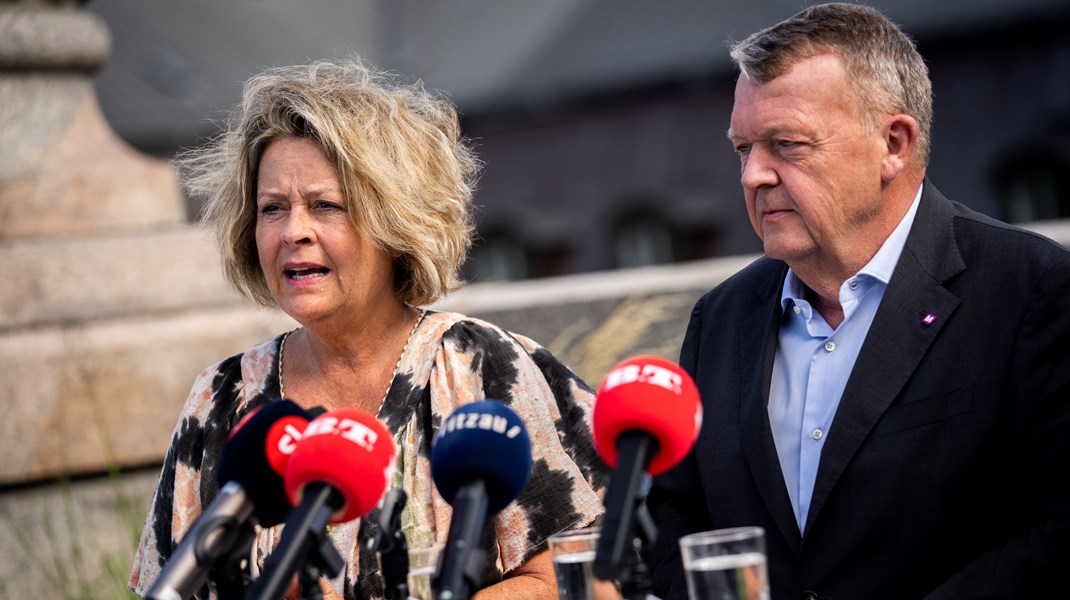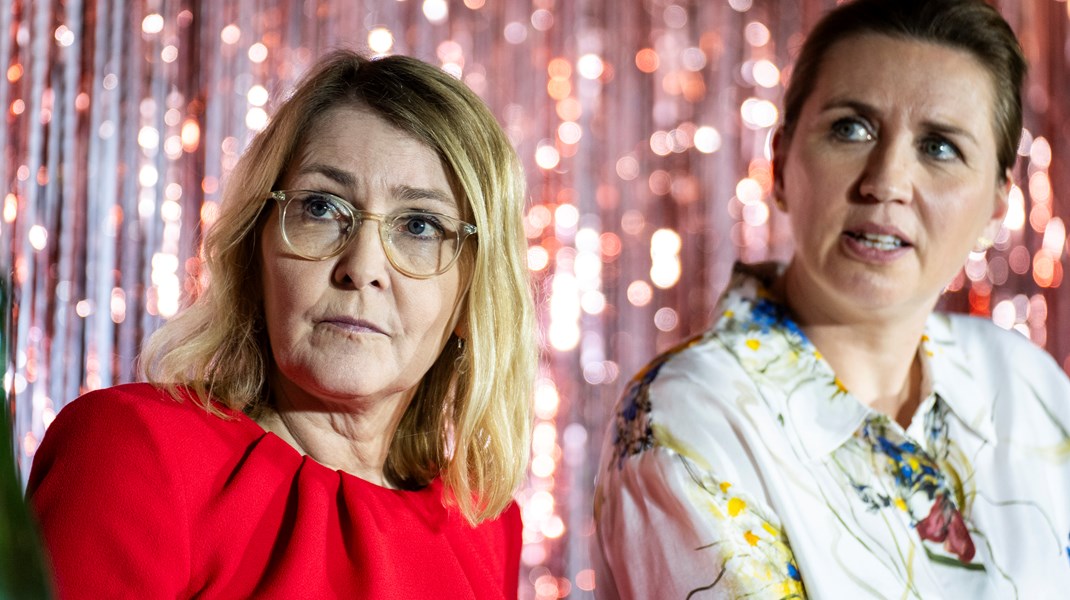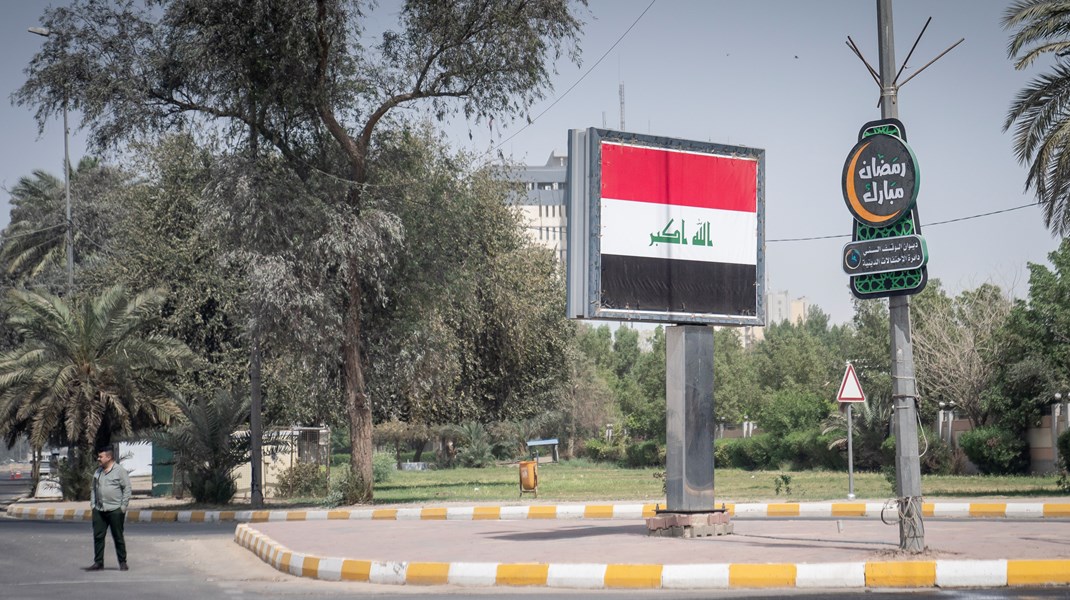UN calls for justice and inclusive policies in Ukraine
KYIV (13 June 2019) – Armed conflict in the east of Ukraine brings daily suffering to some four million people living on both sides of the contact line, and deepens divisions within the country.
Pending long-term political solutions, parties to the conflict should take immediate steps to ensure the protection of civilians, says a report published today by the United Nations Human Rights Office.
From 16 February to 15 May 2019, the period covered by the report, 10 civilians were killed and 35 injured by shelling, small arms and light weapons fire, mines and explosive remnants of war.* Though these are the lowest figures compared with the same periods in 2015-2018, regular exchanges of fire are still a constant threat to lives, health and property of the civilian population. “All parties should adhere to the Minsk agreements and comply with international humanitarian law,” said Fiona Frazer, the Head of the UN Human Rights Monitoring Mission in Ukraine.
The report calls on the Government of Ukraine to pursue inclusive and non-discriminatory policies.
Establishment of a compensation mechanism for deaths, injuries and property damage; lifting unnecessary restrictions on freedom of movement and de-linking the right to a pension from IDP registration would be key steps to fostering social cohesion.
In this reporting period, the UN Human Rights Monitoring Mission in Ukraine documented 68 human rights violations and abuses involving arbitrary detention, torture and ill-treatment, on both sides of the contact line. The report details two emblematic cases where the alleged perpetrator was the Security Service of Ukraine, and four cases where alleged perpetrators were the ‘ministries of state security’ of the self-proclaimed ‘Donetsk people’s republic’ and the self-proclaimed ‘Luhansk people’s republic’.
The report welcomes the transfer of 120 pre-conflict prisoners from places of detention in territory controlled by the self-proclaimed ‘Luhansk people’s republic’ to Government-controlled territory, and calls for the continuation of such transfers. Through interviews conducted with transferred prisoners, the UN Human Rights Monitoring Mission documented human rights abuses, including forced labour, in a number of penal colonies in territory controlled by the self-proclaimed ‘Luhansk people’s republic’. Conditions in all places of detention should comply with relevant international standards, the report stresses.
To date, neither the UN Human Rights Office nor any other international monitors have regular, unimpeded and confidential access to detainees in territory controlled by the self-proclaimed ‘Donetsk people’s republic’ and the self-proclaimed ‘Luhansk people’s republic’. This raises serious human rights concerns regarding detention conditions and treatment of detainees. In territory controlled by the Government of Ukraine, the Office continues to enjoy confidential access to detainees.
Based on trial monitoring and the analysis of 70 court verdicts, the report concludes that prolonged pre-trial detention (with some defendants spending more than three or four years in custody) is used to pressure defendants into pleading guilty. More broadly, the right to a fair trial in conflict-related criminal cases** has been violated at least 95 times during the reporting period.
This reporting period marks the fifth anniversary of the culmination of the 2013-2014 Maidan protests and the violent events of 2 May 2014 in Odesa. No individuals responsible for acts of killing or violent deaths have been brought to justice in these cases, raising concerns about the authorities’ genuine intention to ensure accountability and justice for victims. “Public trust in the judiciary and access to justice are essential for long-term stability and peace in Ukraine,” said Fiona Frazer.
Attacks against media professionals continued, though in lower numbers than in previous reporting periods. The report outlines the lack of effective investigations into these attacks and urges law enforcement to ensure accountability. The report commends police conduct in securing the most recent gatherings and rallies, but calls for accountability for the disruption of peaceful assemblies in 2018 and earlier. Respect for fundamental freedoms is essential for peaceful and inclusive elections, while impunity is a risk to civic space. “We welcome that Presidential elections in Ukraine on 31 March and 21 April 2019 were peaceful, competitive and largely inclusive,” Frazer said.
Civic space in territory controlled by the self-proclaimed ‘Donetsk people’s republic’ and the selfproclaimed ‘Luhansk people’s republic’ remains highly limited, says the report. All assemblies there were reportedly organised by those in control of the territory. In addition, at least two media professionals remain in detention in the self-proclaimed ‘Donetsk people’s republic’.
According to the report, the Government of the Russian Federation, as an occupying Power, was responsible for 40 violations in the Autonomous Republic of Crimea and the city of Sevastopol, Ukraine. These include, among others, inhuman conditions of detention, restrictions on fundamental freedoms and education rights. Crimean Tatars, especially those affiliated or sympathizing with religious organizations banned in Crimea, continue to be disproportionally affected by the occupation. This ban is the consequence of the Russian Federation’s application of its law on the peninsula, in violation of international humanitarian law. The report notes that the Russian Federation has still not granted the UN Human Rights Office access to Crimea, in line with relevant UN General Assembly resolutions.*** Following the adoption of a law on State language, the report urges the development of a specialized law that would protect the rights of indigenous peoples and national minorities of Ukraine. This should ensure a fair correlation between the protection of the linguistic rights of minorities, and the preservation of the State language as a tool for integration within society.
The report ends with a set of specific recommendations to the Ukrainian authorities, including to the President; to all the parties involved in the hostilities, including the self-proclaimed ‘Donetsk people’s republic’ and the self-proclaimed ‘Luhansk people’s republic’; as well as to the Government of the Russian Federation, as an occupying Power in the Autonomous Republic of Crimea and the city of Sevastopol.
* From mid-April 2014 and until 9 June 2019, at least 3,332 civilians have been killed, and more than 7,000 have been injured.
** The Criminal Code of Ukraine, articles 109-114-1, 258-258-5, 260 and 261.
*** The UN General Assembly resolution 68/262, reaffirming the territorial integrity of Ukraine, and General Assembly resolutions 71/205, 72/190, and 73/263 recognizing Crimea as a territory of Ukraine temporarily occupied by the Russian Federation.
ENDS
The full text of the report is available in English, Ukrainian and Russian.
For more information or media enquiries, please contact Iryna Yakovlieva at +380503868069 or e-mail [email protected]


